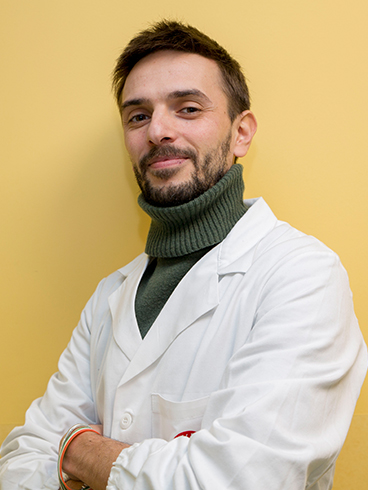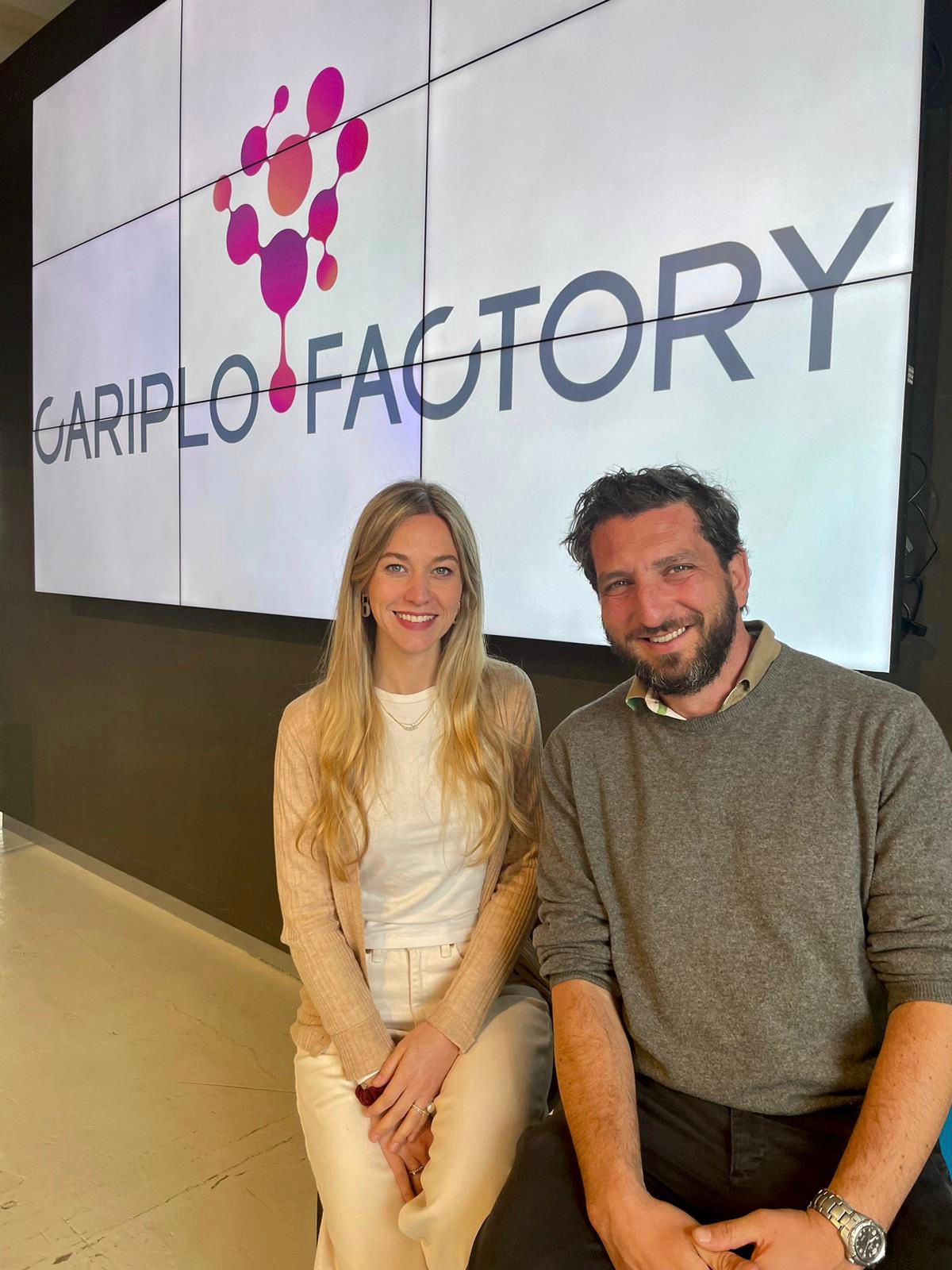
Giovanni Lombardi
Director of the Laboratory for Experimental Biochemistry and Molecular Biology - Associate Professor
IRCCS Galeazzi-Sant’Ambrogio Hospital
What do you do?
My lab’s research focuses on the identification and validation of molecular markers (detectable and measurable circulating molecules) for diagnosing and treating musculoskeletal diseases such as osteoporosis, sarcopenia, rheumatological diseases, primary bone tumours, and metastases. The activity is intrinsically linked to studying the “communication” function that these markers perform as intercellular signals.
What are the goals of your commitment?
The entire activity of our lab revolves around patient-based research calibrating it to clinical needs. As an integral part of a hospital setting, we collect clinical questions, “turn” them into experiments, and build an answer that can have an impact on the patient. Specifically, the research activity of my lab aims to provide increasingly precise diagnostic tools to gauge the decision on the uniqueness of the patient.
Each advancement in knowledge represents a tile in a mosaic that, one day, another researcher will be able to complete
What role does innovation play in your job?
Research is inherently innovative: every day, we acquire knowledge, experiment with new applications, and use new technologies. To carry out research, we need to innovate – and to innovate, we need to carry out research. Each small advancement in knowledge represents a tile in a mosaic that, one day, another researcher will be able to complete and decipher, and this can only happen through the ability, and the possibility, to innovate.
What added value have you received or would you like to receive from your presence in MIND?
Being part of MIND will mean interacting with the vanguard of Italian innovation. The MIND ecosystem is designed to foster further collaboration and exchange – and, in the field of life sciences, a hospital doing research will be at the center. While, on the one hand, we, the clinical research institution, will be able to provide the raw material (samples, data), on the other hand, we will have the opportunity to collaborate with third-party entities that can provide technological support for analysing this material.
How do you imagine the future of MIND?
The future of MIND will be one of interaction and collaboration. The ability to apply new technologies will stimulate research, open new horizons, and add more value to our studies. It will be a future of growth and opportunity.

